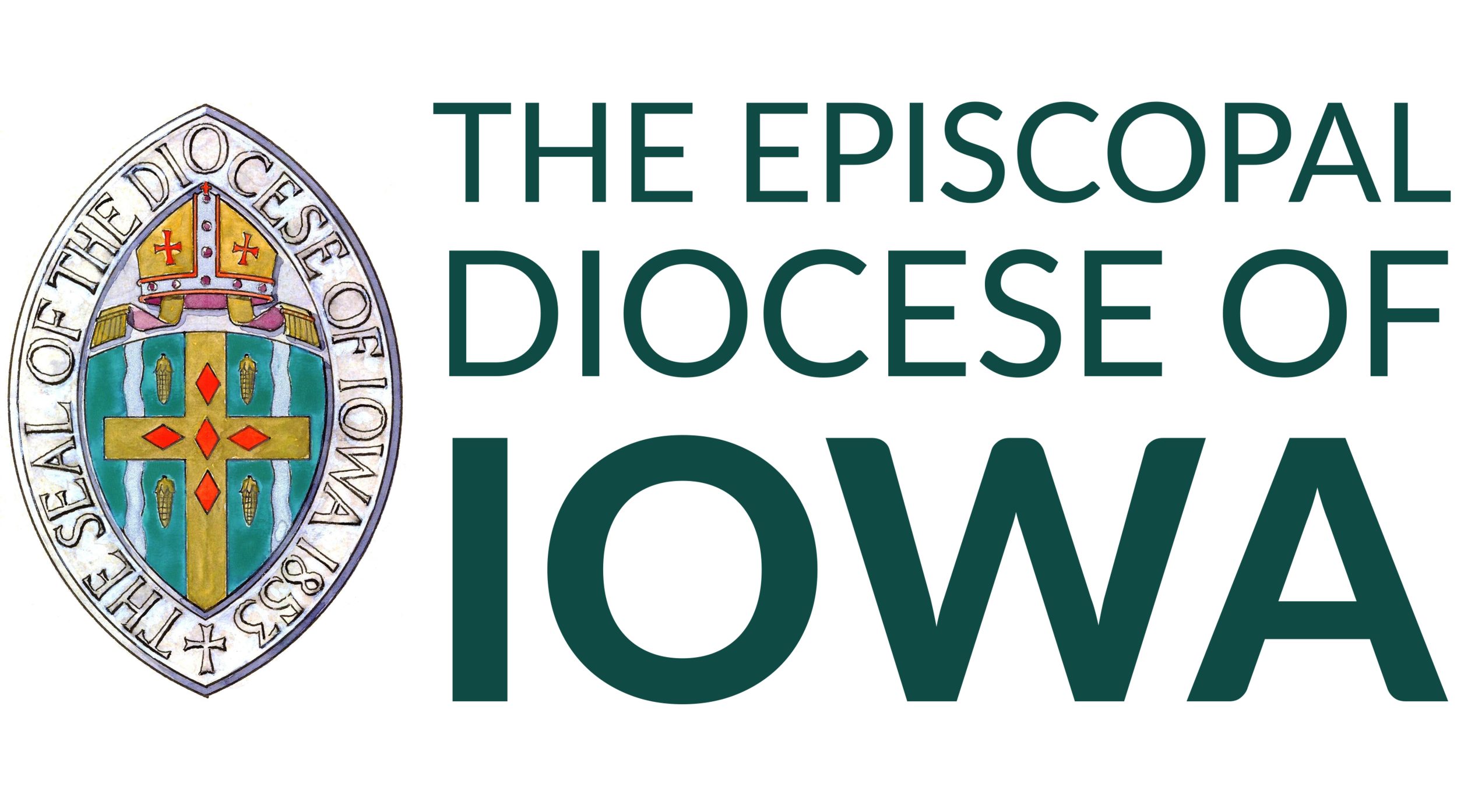This module explores Anglicanism and the Anglican Way. Participants will develop a basic grounding in Anglican Doctrine, theology, liturgy, history, ethics, pastoral care and method. They will be able to describe the structure and governance of The Episcopal Church and understand the history of the worldwide Anglican Communion
The Christian Living Module will help participants articulate what it means to live a Christian life as identified in the Baptismal Covenant and a personal theology of ministry. They will develop a Rule of Life and develop and implement a stewardship program for the congregation. They will be able to understand and teach about the importance of prayer
This module will cover the Pauline churches, the four ecumenical councils, and the pre and post-Constantinian church. Participants will explore the Reformation and its influence/evolution into today's denominations, the establishment of The Episcopal Church and the American episcopate, and the Enlightenment
The Discipleship Module reflects on the baptismal covenant and how it informs our lives. It asks participants look at the variety of ways the congregation is in mission with the wider community. Participants will create and develop educational opportunities for life-long learning, develop and practice pastoral care skills, and identify and articulate the cultural composition of the community
The Ethics Module will raise awareness of what kinds of decisions and situations require ethical reflection in a congregation and will help participants to be able to draw on resources to respond to situations in the congregation. They will be able to understand and articulate the sources of authority in ethical reflection and scripture, tradition, reason and experience. The curriculum will examine the limits and boundaries in pastoral care situations and the processes used in the church to arrive at ethical decisions.
This module will help participants construct an ongoing practice for growing spiritually including ways of assessing individual growth. They will develop a practice of reflecting theologically, identify a spiritual companion or director, practice methods of sharing their faith story, and explain and lead some form of Christian meditation.








